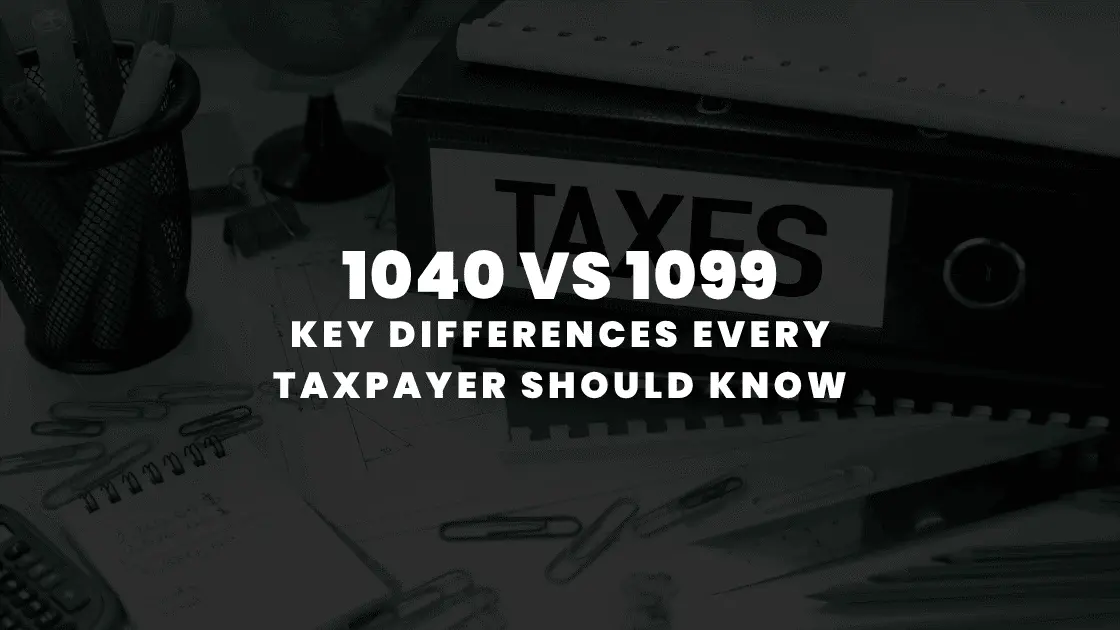April 3 2023 | By Farwah Jafri | 5 minutes Read

Taxation without representation is when a government imposes taxes on its citizens without their consent or input. The term is often used to describe the situation in colonial America before the American Revolution when the British government taxed British colonies without representation in the British Parliament.
The idea of taxation without representation has since become a broader principle that refers to any situation where a government taxes citizens without their input or consent. The principle is an important part of democratic governance, as it reflects the idea that citizens should have a voice in the decisions that affect them, including decisions about taxation.
In this blog post, we will explore the history and significance of taxation without representation, examine some of the most notable examples of this practice throughout history, and discuss the ongoing implications of this issue in modern times. Whether you’re a history buff, a political junkie, or simply someone who wants to understand how taxation and representation intersect, this post will provide you with everything you need to know about this important and often misunderstood concept.
This concept is closely associated with the American Revolution, as it was a major cause of the colonists’ resentment towards British rule.
The idea of taxation without representation is based on the belief that a government should only have the power to tax its citizens if they have a say in how that money is spent. In other words, taxation and representation are two sides of the same coin. When a government imposes taxes without giving citizens a voice in decision-making, it takes money from them without their consent.
See Also: Tax Season 2023: All The Tax Deadlines You Need To Know
In the case of the American Revolution, the colonists believed they were being subjected to taxation without representation because they had no say in the British government. Although they had representatives in the British Parliament, they had no real power, and their interests were often ignored. It led to frustration and anger among the colonists, who felt they were being treated unfairly.
Here are some examples of taxation without representation:
One of the most famous examples of taxation without representation was the Stamp Act of 1765. This law required colonists to pay a tax on various printed materials, such as newspapers, legal documents, and playing cards. The colonists saw this as a direct assault on their rights, as they had no say in imposing this tax. This led to protests and boycotts, eventually leading to the Stamp Act’s repeal.
Another example of taxation without representation was the Tea Act of 1773. This law allowed the British East India Company to sell tea directly to the colonies, bypassing colonial merchants. The colonists saw this as an attempt to establish a monopoly and objected to the tax imposed on the tea. This led to the Boston Tea Party, where colonists disguised as Native Americans boarded British ships and dumped tea into Boston Harbor.
The American Revolution is one of the most significant examples of taxation without representation in history. The British government imposed several taxes on the American colonists without giving them any representation in the British parliament. This led to the famous slogan “no taxation without representation,” which became one of the rallying cries of the American Revolution.
Puerto Rico is a territory of the United States, but the US government does not fully represent its residents. Puerto Ricans are US citizens but cannot vote in presidential elections and have no voting representation in Congress. However, they still pay federal taxes like any other US citizen, leading to accusations of taxation without representation.
The District of Columbia is another example of taxation without representation in the United States. Residents of DC are US citizens but do not have full representation in Congress. They have a non-voting delegate in the House of Representatives but no representation in the Senate. However, they still pay federal taxes like any other US citizen.
In many countries, indigenous communities have been subject to taxation without representation. Their national government may only tax them with representation in that government. This can lead to a situation where the indigenous people are disadvantaged and may need access to the same resources and services as other citizens.
In conclusion, taxation without representation is a concept that has been historically significant in many parts of the world. It refers to situations where a group of people is taxed without any say or representation in decision-making. This can lead to unfairness and disadvantage, as the taxed group may have access to different resources and services than other citizens.
Subscribe for business tips, tax updates, financial fundamentals and more.
MORE BLOGS

Running a small business means every dollar matters. You work hard to earn revenue, manage expenses, and grow steadily, yet tax time often feels like money […]
Learn More →
Tax season can be overwhelming, especially when you’re staring at multiple forms with numbers instead of names. Two of the most common, and often misunderstood, are […]
Learn More →
Working extra hours can feel rewarding, after all you’re putting in more time, showing dedication, and earning more money. But when you look at your paycheck, […]
Learn More →